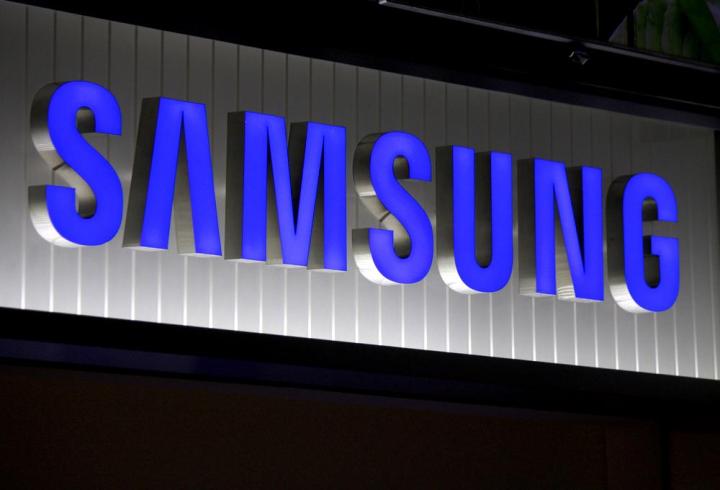
More than 200 workers from Samsung semiconductor plants have been sickened with lymphoma and leukemia since the 1990’s, and about 70 of them have passed away. Although reluctant to do so, Samsung issued an apology last year. While it was a win for many families and activists, Samsung made it clear that it was not conceding to a link between the chemicals used in its chip factories and cancer. More importantly, Samsung promised to compensate the 200 workers. It’s a year later, and Samsung has made good on that promise.
It was a 2012 documentary about the death of 23-year old Hwang Yu-mi, a former Samsung employee, and a 2013 movie based on the events that brought the cancer link in Samsung factories to the forefront. About a year later, lawmaker Sim Sang-jeung urged the government and Samsung to come up with solutions to help sickened workers and prevent future occurrences.
South Korean activist group SHARPS, which stands for Supporters for the Health And Rights of People in the Semiconductor industry, also set its sights on revealing the truth about Samsung’s working conditions and gain compensation for affected workers. The group represents many of the affected employees, but declined to comment on the new fund.
Unfortunately Samsung’s woes with worker safety doesn’t stop here. A sustainability report published last year identified poor working conditions at its Chinese suppliers. An audit revealed that 59 out of 100 suppliers in China failed to provide proper safety equipment and monitor the use of such equipment. The audit also sighted wage issues with the majority of suppliers failing to comply with China’s overtime hours laws.


